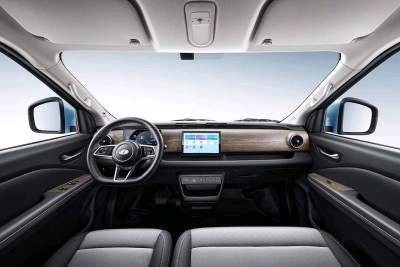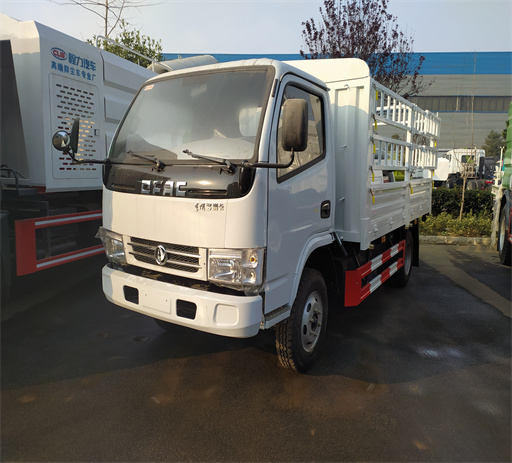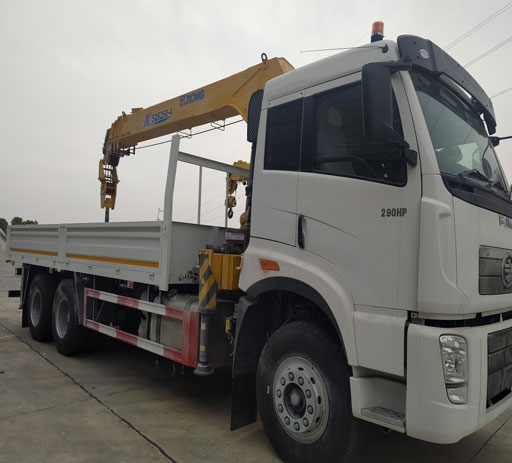Understanding Non CDL Roll Off Trucks: A Comprehensive Guide
Roll off trucks have become essential in various industries, especially in construction, waste management, and recycling. Within this category, non CDL roll off trucks offer flexibility and ease of use for businesses that require transportation for heavy loads without being restricted by commercial driving license regulations. This article delves into everything you need to know about non CDL roll off trucks, including their benefits, operational tips, maintenance advice, and more.
What is a Non CDL Roll Off Truck?
A non CDL roll off truck is a type of vehicle designed for transporting waste or materials in roll-off containers, which can be easily loaded and unloaded. What distinguishes non CDL trucks is that they do not require the driver to have a Commercial Driver’s License (CDL) under federal regulations, as long as the vehicle’s weight does not exceed a certain limit (typically 26,000 lbs).
Key Features of Non CDL Roll Off Trucks
- Weight Limit: Non CDL trucks can generally have a Gross Vehicle Weight Rating (GVWR) under 26,000 lbs.
- Container Compatibility: They can accommodate various sizes of roll-off containers, commonly ranging from 10 to 40 yards.
- Easy Operation: Designed for ease of use, they often come with automatic or semi-automatic loading mechanisms.
Advantages of Non CDL Roll Off Trucks
Choosing a non CDL roll off truck has several benefits that can positively impact your business operations.
Cost Savings
One of the primary advantages is cost savings. Operating a non CDL truck can be less expensive as you won’t incur the costs associated with hiring professional CDL drivers.
Ease of Training
It’s easier to train staff to operate non CDL trucks, which can improve overall efficiency in waste collection and transportation tasks.
Flexibility in Operation
Non CDL roll off trucks offer more flexibility in terms of operations, especially in urban areas where stringent zoning laws may limit vehicle sizes and types.
Buying vs. Renting a Non CDL Roll Off Truck
When considering a non CDL roll off truck, you have two primary options: buying or renting. Here’s a breakdown of both.

Buying a Non CDL Roll Off Truck
Purchasing a truck is often more economical in the long run if you anticipate consistent use. Key aspects to consider include:
- Upfront Costs: Higher initial investment compared to rentals.
- Depreciation: The vehicle will depreciate over time, which can impact your financials.
- Maintenance Responsibilities: Owning means you are responsible for maintenance and repairs.
Renting a Non CDL Roll Off Truck
Renting can be advantageous for short-term projects or if you are just starting out. Consider these points:
- Lower Initial Costs: Pay-as-you-go model can help manage cash flow.
- Maintenance Covered: Rental companies often handle maintenance and repairs.
- Flexibility: Adjust the type and size of truck based on project needs.
Choosing the Right Non CDL Roll Off Truck
Selecting the right non CDL roll off truck involves several considerations to ensure it meets your specific needs.
Types of Non CDL Roll Off Trucks
| Truck Type | Typical Load Capacity | Ideal Usage |
|---|---|---|
| 3/4 Ton Roll Off Truck | Up to 10,000 lbs | Residential projects |
| 1 Ton Roll Off Truck | Up to 12,000 lbs | Small commercial operations |
| Medium Duty Roll Off Truck | Up to 26,000 lbs | Construction and larger projects |
Key Features to Consider
- Container Compatibility: Ensure truck can accommodate the size of containers you plan to use.
- Engine Power: Look for ample power for hilly or challenging terrains.
- Fuel Efficiency: Opt for a truck that offers good fuel economy to reduce operating costs.
Operational Tips for Non CDL Roll Off Trucks
To maximize productivity and minimize issues, here are some operational tips for using non CDL roll off trucks.
Loading and Unloading Best Practices
- Always ensure that the roll-off container is securely attached before moving.
- Use ramps for loading heavy items to prevent damage to the truck.
- Check the weight distribution in the container to prevent overloading on one side.
Driver Safety
- Conduct regular safety briefings to ensure drivers understand truck and container handling.
- Equip trucks with safety gear like reflective vests, cones, and first aid kits.
- Ensure that all drivers are knowledgeable about navigating urban areas and construction sites safely.
Maintenance of Non CDL Roll Off Trucks
Regular maintenance is crucial for ensuring the longevity and efficiency of non CDL roll off trucks. Here are important maintenance tips.
Routine Maintenance Checklist
| Maintenance Task | Frequency |
|---|---|
| Oil Change | Every 5,000 miles |
| Brake Inspection | Every 10,000 miles |
| Tire Inspection and Rotation | Every 5,000 miles |
| Fluid Levels Check | Monthly |
Signs of Wear and Tear
- Unusual noises when driving could indicate engine or mechanical issues.
- Leaking fluid beneath the vehicle can point to brake, oil, or coolant issues.
- Excessive vibrations during operation may indicate tire or suspension problems.
Compliance and Legal Considerations
While non CDL roll off trucks enjoy fewer regulatory restrictions, there are still compliance and legal matters to consider.
Weight Regulations
Drivers must remain within the weight limits set by local, state, and federal regulations to avoid penalties. It’s crucial to regularly weigh the truck with its load to ensure compliance.
Insurance Requirements
Ensure that your truck is properly insured, including coverage for liability, collision, and cargo. Consult your insurance provider for specific recommendations based on your operations.
Cost of Non CDL Roll Off Trucks
The costs associated with non CDL roll off trucks can vary significantly based on several factors.
Initial Purchase Price
The average cost for a new non CDL roll off truck ranges from $30,000 to $80,000 depending on the size, brand, and features. Used trucks can often be found for a lower price, typically starting from $15,000.
Operating Costs

| Cost Type | Estimated Monthly Cost |
|---|---|
| Fuel | $300 – $800 |
| Insurance | $200 – $500 |
| Maintenance | $100 – $400 |
| Licensing & Registration | $50 – $150 |

FAQs About Non CDL Roll Off Trucks
What is the maximum weight for a non CDL roll off truck?
The maximum weight for a non CDL roll off truck is typically 26,000 lbs. However, state regulations may vary, so it’s essential to check local laws.
Can I rent a non CDL roll off truck for a single day?
Yes, many rental companies offer non CDL roll off trucks on a daily rental basis, making it convenient for short-term projects.
Do I need a special license to drive a non CDL roll off truck?
No special license is required as long as the truck’s weight does not exceed 26,000 lbs and you are operating the vehicle legally and safely.
How do I know what size roll-off container to get?
Consider the type and amount of debris you are transporting. Containers typically range from 10 to 40 yards; a 10-yard container is suitable for small cleanouts, while a 40-yard container is ideal for large construction projects.
What types of materials can be hauled with a non CDL roll off truck?
Non CDL roll off trucks can haul various materials, including construction debris, household waste, and recyclables. However, hazardous materials often require special handling and permits.
Are non CDL roll off trucks more cost-effective than CDL trucks?
Yes, non CDL roll off trucks can be more cost-effective for smaller operations due to lower driver training costs, reduced insurance premiums, and less stringent regulatory requirements.
